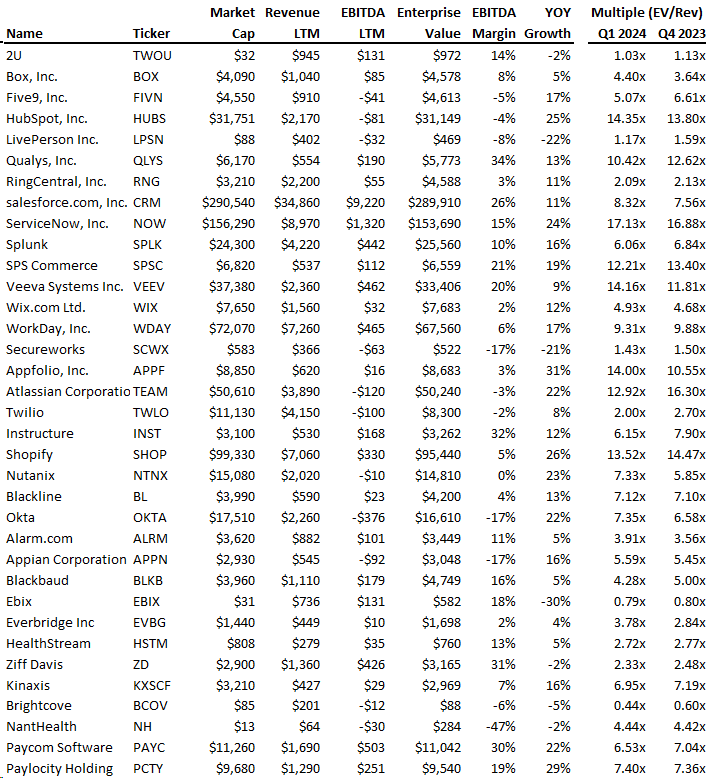
Mitochondrial dysfunction in Crohn’s disease
Nature Reviews Gastroenterology & Hepatology volume 17, page 260 (2020 )Cite this article
Two new studies published in Gut provide more evidence for the role of mitochondrial impairment and Paneth cell dysfunction in inflammatory bowel disease (IBD).
“Many studies have revealed the involvement of mitochondrial stress in the pathophysiology of IBD but whether this is a cause or consequence of the disease is not known,” explains the corresponding author of the first study, Arianne Theiss. The researchers observed that mice lacking prohibitin 1 (PHB1, a major component of the inner mitochondrial membrane) in intestinal epithelial cells (IECs) developed spontaneous ileal inflammation that was preceded by mitochondrial dysfunction in IECs and early abnormalities in Paneth cells. Crucially, treatment with a mitochondrial-targeted antioxidant to suppress mitochondrial reactive oxygen species alleviated mitochondrial dysfunction, Paneth cell abnormalities and ileitis in these mice. Paneth cells were found to be critical and highly susceptible to mitochondrial dysfunction; deletion of Phb1 in Paneth cells specifically was sufficient to cause ileitis in the mice. Moreover, Phb1 deficiency in intestinal organoids induced loss of viability of the intestinal stem cell (ISC) niche and Paneth cell defects.
In the second study, Dirk Haller and colleagues investigated the influence of intestinal inflammation on Paneth cell function and the ISC niche. In patients with Crohn’s disease and mice with Crohn’s disease-like ileitis, inflammation correlated with decreased gene expression of the ISC marker LGR5 and reduced Paneth cell granularity. This aberrant Paneth cell phenotype and LGR5 expression correlated with active ileal Crohn’s disease and predicted risk of recurrence in patients after surgical resection. Crucially, induction of mitochondrial dysfunction via specific deletion of Hsp60 in ISCs in mice led to reduced Lgr5 expression and differentiation of Lgr5+ cells into aberrant Paneth cells. “We demonstrate that impaired mitochondrial respiration not only antagonizes intestinal stemness, but forces ISCs to acquire a Paneth cell-like phenotype and provide evidence that inflammation-associated mitochondrial dysfunction in the intestinal epithelium triggers a metabolic imbalance, causing reduced stemness and acquisition of a dysfunctional Paneth cell phenotype,” notes Haller.
Leave a Comment
Related Posts
Malaria is not only a blood disease, it also hides in the spleen, scientists have discovered
Comment





















